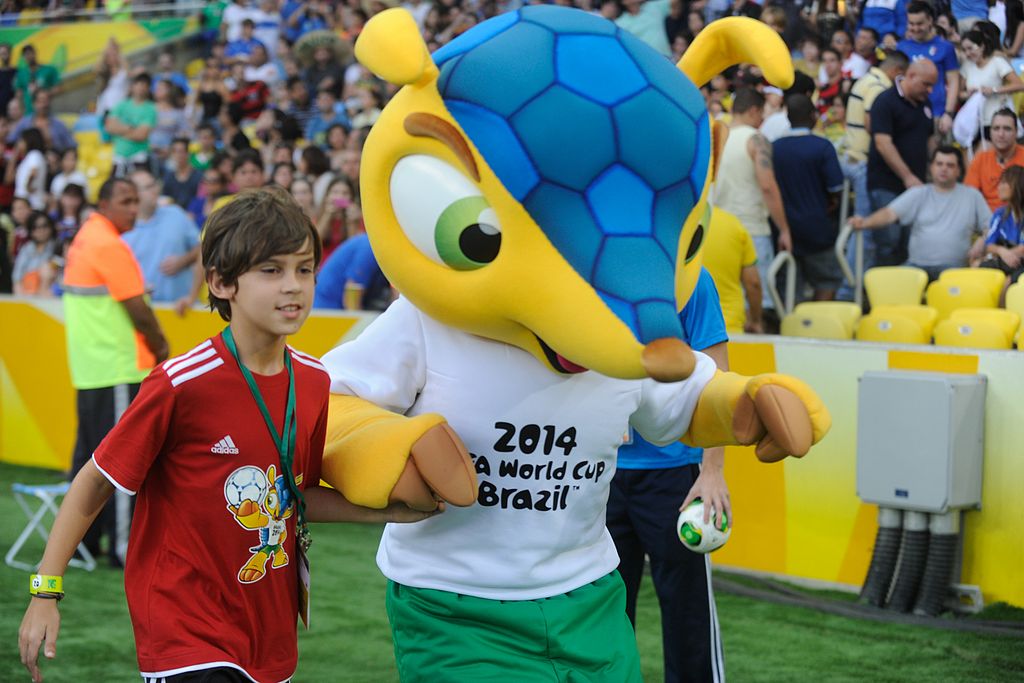With the World Cup due to kick off this week in Brazil, everyone, from sponsors and politicians to fans in the street, are calling for FIFA to tackle the corruption allegations that have dogged it for years, and specifically the decision to hold the 2022 World Cup in Qatar.
Transparency International believes that if the organisation that runs football is seen to be corrupt, everyone loses. That is why FIFA needs to ensure that the Qatar decision was free from bribery and corruption. If there was bribery involved, Transparency International would consider it important for there to be a re-vote, in the same way that any contract won through corruption would be considered void.
Football allows billions of people to experience great emotion and learn the value of fair play and the importance of rules, and to develop respect for others. FIFA has the unique responsibility that comes with sports governance to lead from the top and protect the integrity of the game.
GOVERNANCE AT FIFA
FIFA belatedly started a governance reform process in 2011 despite a decade of corruption allegations. At the time Transparency International presented a roadmap to change, Safe Hands, and FIFA also appointed an Independent Governance Committee to advise on reforms.
Although FIFA has introduced some changes, and has called its reform process a success, it has been unable to institute key reforms – including greater independent oversight – that will help it win back trust. The IGC called the reform process incomplete.
THREE THINGS FIFA MUST DO NOW
1. Publish in full the investigation into bribery allegations surrounding the voting for host countries for the 2018 and 2022 World Cups
Michael Garcia, a US lawyer and head of investigations chamber of FIFA’s Ethics Committee, has finished his investigations and will deliver his report to FIFA in September. He stressed to the FIFA Congress that his investigation is wide-ranging and has taken into account all the evidence available. However, if the investigation is considered a white-wash, FIFA will suffer a lack of credibility.
2. Institute term limits for FIFA senior executives
The FIFA Congress voted not to consider age limits or term limits for senior executives. This will allow Sepp Blatter, 78, who has been FIFA president since 1998, to seek another four year term in 2015. This stasis at the top only encourages the propensity for building up patronage networks.
In Safe Hands, Transparency International advised FIFA to introduce:
- A maximum of two terms for positions including the Executive Committee and the Finance Committee
- Transparent and competitive elections and appointment processes
- Wider representation of stakeholders and diversity on the Executive Committee and other committees
- Presence of non-executive (i.e. external) directors to the Executive Committee, Finance Committee and all major bodies
3. Introduce independent due diligence for senior posts in federations across the globe
FIFA adopted new due diligence rules for its members but background checks of leaders of its federations and its executive committee will be done by the organisation, not an independent body. This is not best business practice.
SPONSOR PRESSURE
The continuing allegations of corruption have finally prompted FIFA’s sponsors to speak out. Six companies, including Sony, Adidas, Hyundai-Kia and Coca-Cola have demanded explanations of FIFA. These organisations pay upwards of a combined US$720 million for the right to be associated with the World Cup. They want to protect their investment and ensure their image is not tarnished through association.
Transparency International believes that sponsors will play an important role in pushing for better governance at all sports organisations, not just FIFA. The World Cup sponsors should follow up their words with continued pressure.
Broadcasters, who pay millions for the right to air FIFA events, should follow suit: the more economic pressure that is brought to bear, the more FIFA is likely to change.
But change will not come easily. Although FIFA has many vocal critics, the majority of its 209 member federations support President Sepp Blatter for a further four year term.
At the close of the Congress meeting on 11 June in São Paulo, Blatter announced that FIFA’s continued financial success means that member federations will each receive an additional US$750,000 between now and 2015 and the six regional confederations (known by their acronyms AFC, CAF, CONCACAF, CONMEBOL, OFC and UEFA) would receive US$7 million apiece.
It is the members of the FIFA Congress who will vote next May on whether Blatter can continue in his role as president.




